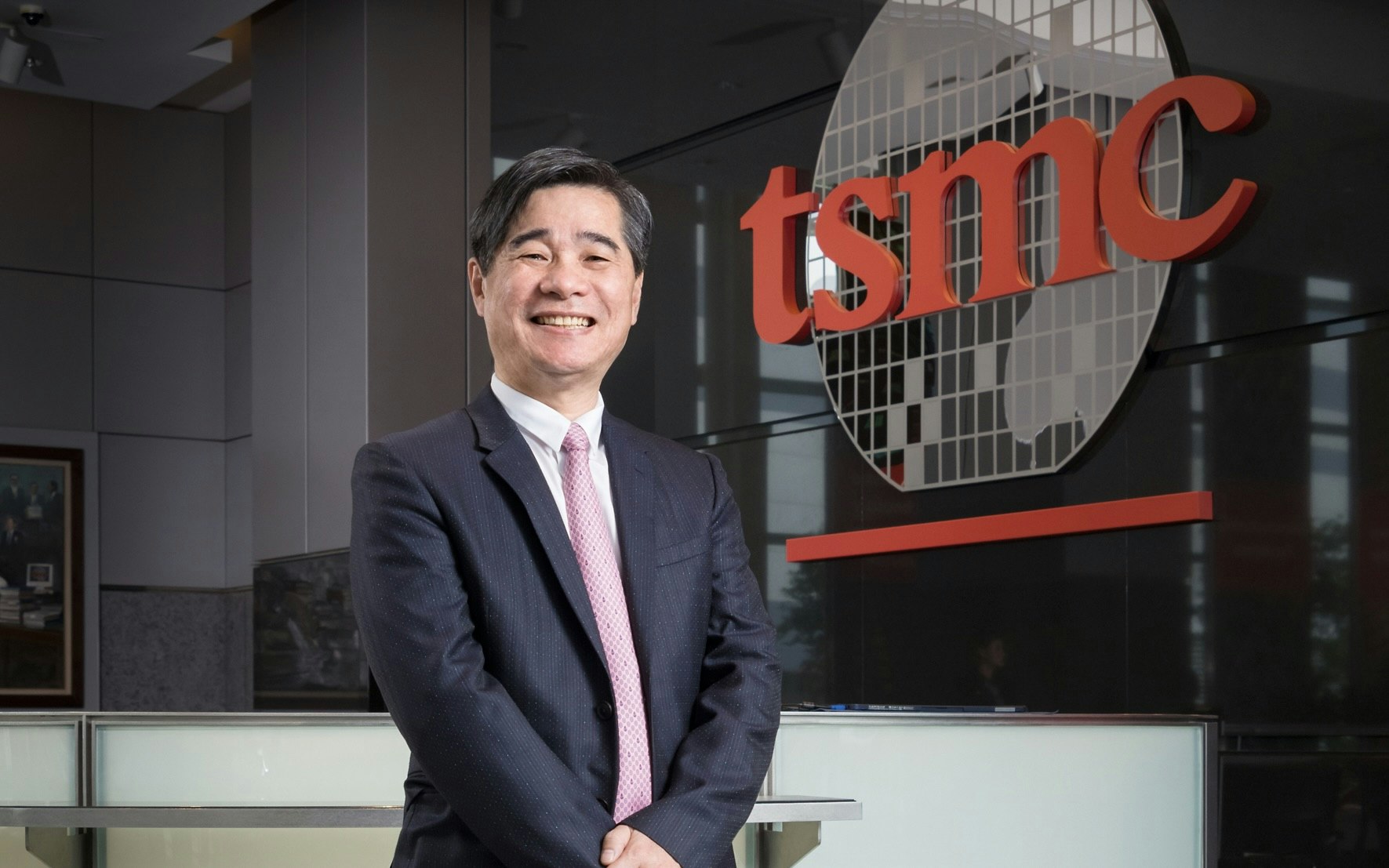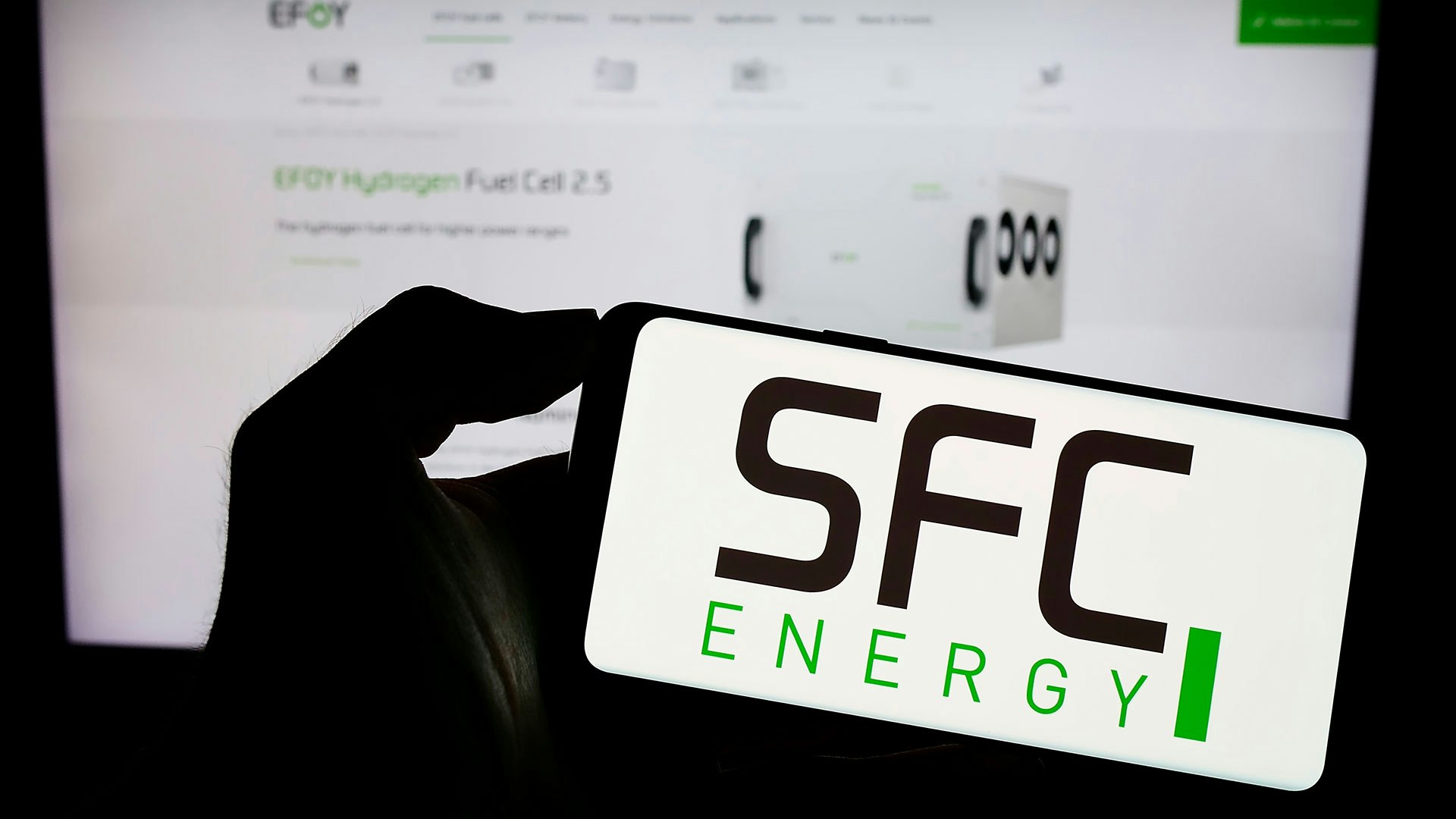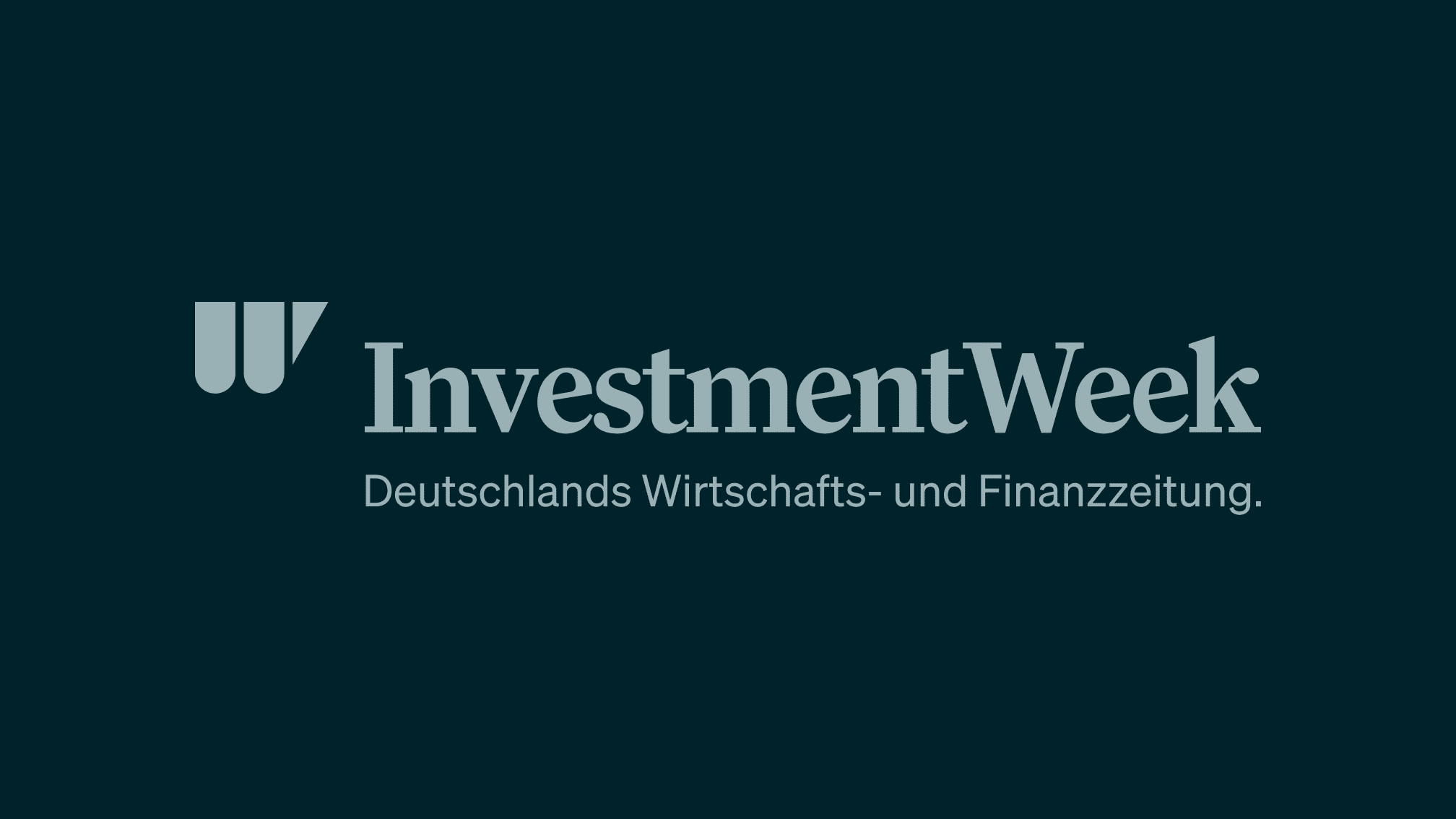The chip industry remains highly cyclical despite long-term shifts making its products more central in everyday life. While Wall Street investors tried to break away from the big tech companies during the summer months, interest is now returning, driving the valuations of the so-called "Magnificent Seven" to record highs.
In July and August, investors seemed to shed their reliance on a few large tech companies that had significantly supported the market's rise. Concerns about overvaluations and the desire to invest in sectors that perform better in a weakening economy gained ground. Particularly, the enthusiasm for AI has heightened worries, as the massive boom in new AI chips and other equipment far exceeded current demand.
However, now with the start of quarterly reports from many tech companies, stocks are again near or at record levels. The fascination with the Magnificent Seven has pushed concerns about AI into the background. However, if this makes the valuations appear overstretched once more and vulnerable to disappointing earnings reports, the recent weakness in the chip sector could serve as a timely warning signal.
An unexpected decline in orders at ASML, the Dutch manufacturer of chip-making equipment, weighed on the entire sector on Tuesday. This had nothing to do with AI but resulted from weaker consumption in areas such as smartphones, gaming consoles, and electric vehicles, which dampened demand. Less than 48 hours later, TSMC, the dominant chip manufacturer from Taiwan, presented a contrasting report. CEO CC Wei emphasized: "The demand is real... and will last for many years," despite the challenges faced by competitors like Intel and Samsung.
The chip industry is known for its strong, short-term demand fluctuations. Although chips are becoming increasingly central to daily life, the sector remains highly cyclical. Additionally, chips now hold a much larger share of the tech market: the Philadelphia Semiconductor Index has risen by around 220 percent over the past five years, significantly faster than the Nasdaq Composite's increase of 128 percent. This increases the fragility of tech investors overall.
While the indicators in the chip supply chain are mixed, expectations for the revenues of the Magnificent Seven are rising to over 2 trillion US dollars this year, with a growth forecast of 13 percent. Analysts expect another 13 percent growth for next year, convinced that a handful of proven winners can continue to gain market share. These expectations strongly recall the past earnings period three months ago, which, however, was disappointing.
Of the seven major tech companies, only Meta managed solid price gains, while Apple rose slightly by 1 percent. In contrast, Alphabet and Amazon experienced significant price losses due to mixed signals in online shopping and advertising, despite a recovery in demand for cloud computing services. Nvidia encountered minor cracks in its once unstoppable growth for the first time: A slight decline in the gross profit margin and a design flaw in the packaging for upcoming Blackwell chips led to an 18 percent stock drop in early September. Nevertheless, the stock reached new record highs by Thursday.
Considering these developments, the central question for tech stocks is: Are investors willing to overlook the slow spread of AI this year and focus on the coming years? While Apple has increased stock prices by cleverly repositioning AI as "Apple Intelligence" despite the lack of a "killer app," companies like Microsoft are quickly building new facilities to meet the demands of large customers, although many have yet to find compelling applications.
As long as the big tech companies claim to see enough AI demand to maintain their high level of capital investment, Wall Street might keep its nerve. But any breach in this confidence could be devastating.







